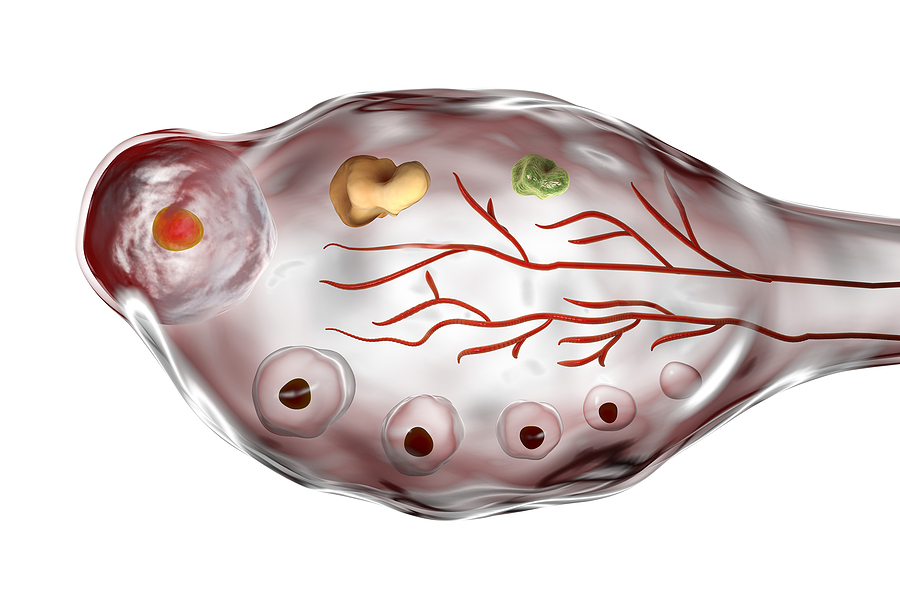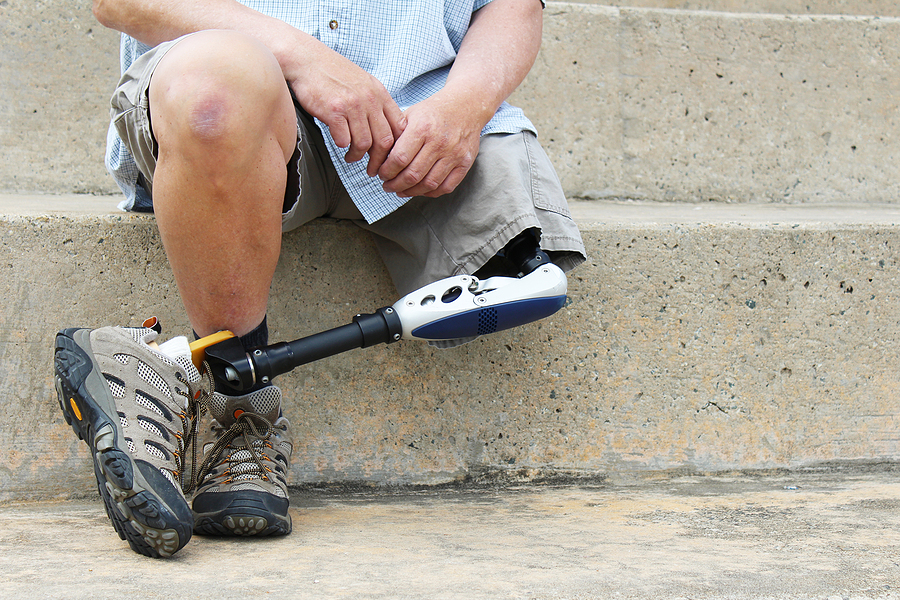CACI for Polycystic Ovary Syndrome – Polycystic Ovary Syndrome, aka PCOS, counts as one of the most common endocrine disorders. It affects somewhere between 5 and 10 percent of women less than 50 and often suggests the presence of other, more severe conditions [1].
An imbalance of several hormones causes PCOS, but many early symptoms have to do with the presence of excess testosterone [2]. Doctors often diagnose PCOS after women have difficulty getting pregnant or report irregular periods. Acne, facial hair growth, and male pattern baldness or hair thinning can also provide clues that PCOS might be present.
The FAA and PCOS
As distressing as those signs and symptoms might be in your day-to-day life, receding hairlines and stubble do not pose much aviation safety risk. The real reason the FAA concerns itself at all with PCOS is the conditions that are often associated with it.
Women diagnosed with PCOS have a higher risk of developing other medical conditions, including diabetes, sleep apnea, coronary heart disease, fatty liver disease, blood clots, and even suicide [3], [4], [5]. So, while the symptoms that allowed your doctors to diagnose your PCOS might seem innocuous from a medical certification standard, they might represent the tip of the iceberg.
Qualifying for a Medical with PCOS
As with many common medical conditions, the FAA has developed procedures that allow Aviation Medical Examiners (AMEs) to issue medical certificates to pilots with PCOS as long as they meet specific criteria [6]. With Conditions AMEs Can Issue – or CACIs – the FAA’s primary concern is that you are under the care of a doctor and your condition is well controlled.
In the case of PCOS, an AME can issue your certificate without additional review by the FAA under the following circumstances:
- Your treating physician finds that you are stable on your current treatment plan
- You are appropriately addressing any risk factors for cardiovascular disease
- You DO NOT have sleep apnea, or you already have a special issuance for it
- You have no evidence of depression, anxiety, or other mental health conditions
- You have never been diagnosed with diabetes, and
- If treated, you have no side effects that would affect your ability to fly, and use some combination of finasteride, dutasteride, letrozole, metformin, hormonal contraceptives, and spironolactone.
How to Prepare for Your Exam
If the criteria above seem achievable, that is because they are. In most cases, the FAA has quite reasonable medical certification standards. When pilots experience a delay in their medical certification, it often has more to do with their medical records than their medical condition.
For pilots with PCOS, as for those with ANY other CACI conditions, successfully walking away from your AME appointment with a medical certificate requires that you provide your AME with clinical documentation that shows you meet the FAA’s criteria.
AMEs generally do not have the luxury of taking your word about your disease status and treatment. At the top of every set of CACI instructions, the FAA explicitly states that “the AME must review a current, detailed clinical process note generated from a clinic visit with the treating physician.”
The most important steps you can take to maintain your FAA medical certification with PCOS or any other significant medical issue is to see your doctor regularly and keep records of your medical care.
Small Mistakes Cause Big Delays
Many pilots have never stopped considering what happens when an AME does not issue a certificate. First-time applicants and pilots who have grown complacent after many years of successful AME exams most often fall victim to this trap.
Medical certification might seem straightforward when you leave your AME’s office after 30 minutes with a fresh certificate. Unfortunately, when that does not happen, getting your medical might take several months or – in some extreme cases – even more than a year.
Not only that, unless you seek help from someone who knows the system well, missteps can compound the difficulty of an already daunting bureaucratic process. You should not attend your FAA medical certification exam with unanswered questions or any doubt about what will be required to qualify for a certificate.
Given your medical conditions, thoroughly research what will be required, and ensure you arrive at your AME’s office fully prepared for your exam. The proper preparation can give you back months of flying.
Don’t forget to follow Wingman Med on Facebook!
References
[1] G. Bozdag, S. Mumusoglu, D. Zengin, E. Karabulut, and B. O. Yildiz, “The prevalence and phenotypic features of polycystic ovary syndrome: a systematic review and meta-analysis,” Hum. Reprod. Oxf. Engl., vol. 31, no. 12, pp. 2841–2855, Dec. 2016, doi: 10.1093/humrep/dew218.
[2] K. A. Martin et al., “Evaluation and Treatment of Hirsutism in Premenopausal Women: An Endocrine Society Clinical Practice Guideline,” J. Clin. Endocrinol. Metab., vol. 103, no. 4, pp. 1233–1257, Apr. 2018, doi: 10.1210/jc.2018-00241.
[3] N. Helvaci, E. Karabulut, A. U. Demir, and B. O. Yildiz, “Polycystic ovary syndrome and the risk of obstructive sleep apnea: a meta-analysis and review of the literature,” Endocr. Connect., vol. 6, no. 7, pp. 437–445, Oct. 2017, doi: 10.1530/EC-17-0129.
[4] T.-W. Hsu et al., “Suicide Attempts After a Diagnosis of Polycystic Ovary Syndrome : A Cohort Study,” Ann. Intern. Med., vol. 177, no. 3, pp. 335–342, Mar. 2024, doi: 10.7326/M23-2240.
[5] E. S. Ford, W. H. Giles, and A. H. Mokdad, “Increasing prevalence of the metabolic syndrome among u.s. Adults,” Diabetes Care, vol. 27, no. 10, pp. 2444–2449, Oct. 2004, doi: 10.2337/diacare.27.10.2444.
[6] “Guide for Aviation Medical Examiners | Federal Aviation Administration.” Accessed: Aug. 25, 2024. [Online]. Available: https://www.faa.gov/ame_guide/certification_ws





